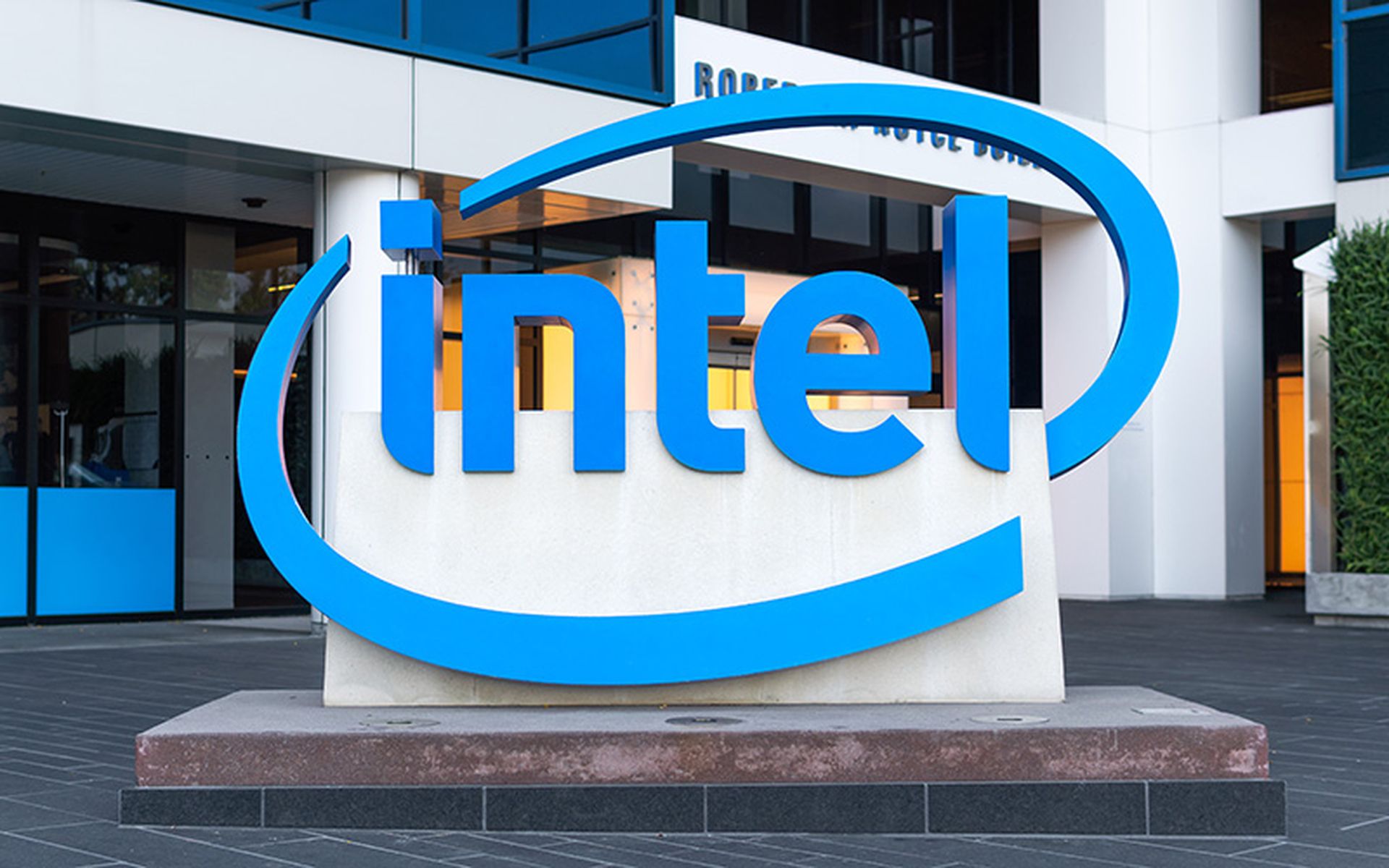Cloudera and Hortonworks are merging their big data software companies in a bid to establish the "industry standard for hybrid cloud data management" while also seeking to accelerate customer adoption, community development and partner engagement, the firms say.


The combined company, with a market value of about $5.2 billion and roughly $720 million in revenues, will compete against MapR and other big data-centric software companies.
On the one hand, the deal seeks to capitalize on growing demand for data management, IoT and cloud-centric opportunities.
On the other hand, it's also a cost-cutting move -- a potential admission that earlier focus areas like Hadoop didn't quite live up to the hype. Moreover, the two companies will need to sort through overlapping products and redundant partnerships with a range of partners, ChannelE2E believes.

Among the deal's critics: MapR CEO and Chairman John Schroeder. In a prepared statement,Schroeder asserted:
“I can’t find any innovation benefits to customers in this merger. It is entirely about cost cutting and rationalization. This means their customers will suffer. MapR has been innovating and delivering a better data platform for years, and we continue to see Cloudera and Hortonworks customers move to MapR. We support a broader set of workloads from analytics to ML and AI, already provide hybrid and multi-cloud, and deliver containerization with Kubernetes. Our customers are delivering their vision today with MapR.”
Cloudera, Hortonworks Merger: By the Numbers
Still, both Cloudera and Hortonworks are focusing on the deal's potential upsides. The two companies expect to generate $720 million in combined annual revenue while also pointing to these data points:
- 2,500 customers;
- 800 customers over $100,000 ARR (annual recurring revenue);
- 120 customers over $1 million ARR;
- $125 million in annual cost synergies (that sounds like double-talk for layoffs and cost-cuts, ChannelE2E believes);
- $150 million cash flow in CY20; and
- $500 million cash and no debt.
The companies did not offer profit goals in that bullet list of synergies. Nor did the company discuss potential headcount changes in the public announcement.
Recent Quarterly Financial Results, Leadership Teams
Both companies are growing, and each exceeded Wall Street's financial expectations during their most recent quarters, according to SeekingAlpha. Neither business was profitable ahead of the merger, but quarterly losses have been shrinking compared to last year. Here's a look at the most recent financial metrics for each company:
- Hortonworks: Revenue was $86.3 million for the second quarter of 2018, up 40 percent compared to the second quarter of 2017. The company had an operating loss of $42.0 million, and a GAAP net loss of $41.2 million. The figures, which exceeded Wall Street's expectations, were released August 7, 2018.
- Cloudera: Revenue was $110.3 million for the second quarter of fiscal 2019, up 23 percent compared to the second quarter of fiscal 2018. The company had a GAAP loss from operations of $33.9 million, and a GAAP net loss of $33.38 million. The figures, which also beat Wall Street's expectations, were released September 5, 2018.
Cloudera, Hortonworks Executive Perspectives
The combined company will have the following executive leadership:
- Cloudera CEO Tom Reilly will serve as CEO;
- Hortonworks COO Scott Davidson will serve as COO;
- Hortonworks Chief Product Officer Arun C. Murthy will serve as CPO;
- Cloudera CFO Jim Frankola will serve as CFO;
- Hortonworks CEO Rob Bearden will join the board of directors; and
- Cloudera board member Marty Cole will become chairman.
Executives from both companies offered prepared comments on the deal.
Cloudera CEO Tom Reilly said:
“Our businesses are highly complementary and strategic. By bringing together Hortonworks’ investments in end-to-end data management with Cloudera’s investments in data warehousing and machine learning, we will deliver the industry’s first enterprise data cloud from the Edge to AI. This vision will enable our companies to advance our shared commitment to customer success in their pursuit of digital transformation.”
Added Hortonworks CEO Rob Bearden:
“This compelling merger will create value for our respective stockholders and allow customers, partners, employees and the open source community to benefit from the enhanced offerings, larger scale and improved cost competitiveness inherent in this combination. Together, we are well positioned to continue growing and competing in the streaming and IoT, data management, data warehousing, machine learning/AI and hybrid cloud markets. Importantly, we will be able to offer a broader set of offerings that will enable our customers to capitalize on the value of their data.”
The companies expect to complete the transaction during the first quarter of calendar year 2019.




